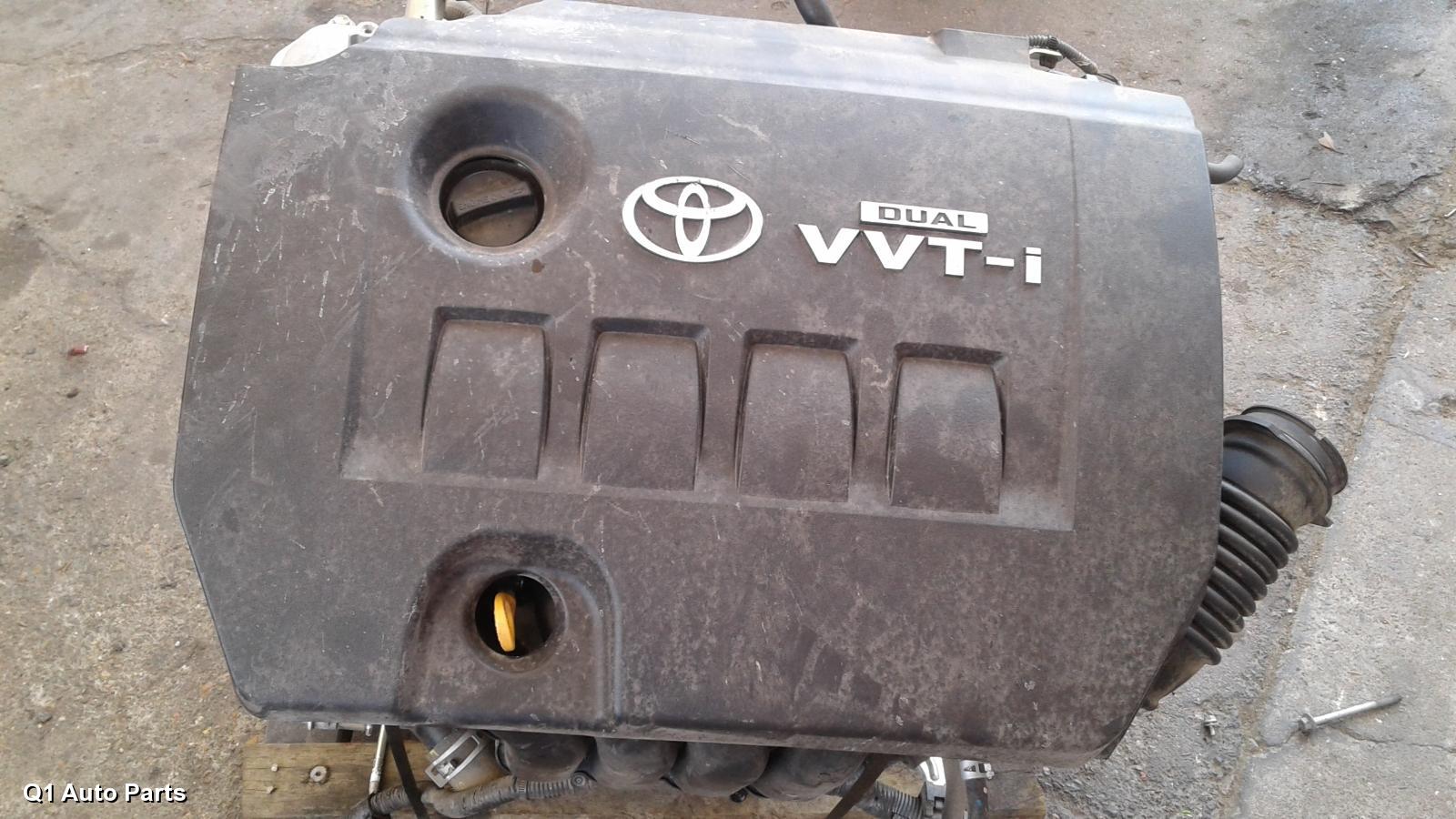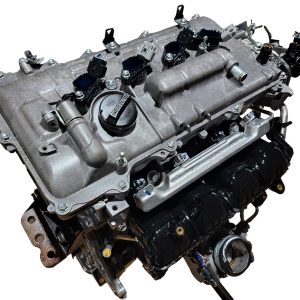Testimonials and Insights Into the Toyota RunX RSI Driving Experience
Testimonials and Insights Into the Toyota RunX RSI Driving Experience
Blog Article
Explore Quality and Value: Your Overview to Buying a Pre-owned Engine
When considering the purchase of a second-hand engine, recognizing the intricate balance in between top quality and worth is critical. A thorough analysis of engine reliability, condition, and history is vital to guarantee a sound investment. By performing appropriate assessments and study, prospective purchasers can browse the intricacies of the market better. Nevertheless, the subtleties of service warranty alternatives and rates methods can dramatically influence the total decision-making procedure. As you consider these factors, one question continues to be: what specific aspects will eventually direct your choice in this essential financial investment?
Comprehending Engine Kind
When considering the purchase of a used engine, comprehension of the different engine kinds is important for making an educated choice. Engines can usually be categorized right into 2 primary kinds: inner burning engines and electric engines. Inner burning engines, that include fuel and diesel variants, depend on the combustion of gas to produce power. Gasoline engines are commonly lighter and rev higher, making them appropriate for performance cars, while diesel motor are renowned for their torque and fuel efficiency, typically preferred in heavy-duty applications.
On the various other hand, electrical engines utilize electrical power kept in batteries to power the car, providing a cleaner option with less moving components and lowered maintenance requirements. Within these groups, there are additionally differences, such as four-stroke versus two-stroke interior burning engines, and different electric motor setups.
Comprehending these distinctions is critical, as they affect efficiency, compatibility with existing lorry systems, and long-term functional costs. By familiarizing oneself with the various kinds of engines available, potential purchasers can much better evaluate their requirements and make selections that line up with their vehicle's demands and their personal preferences.

Reviewing Engine Problem
A comprehensive analysis of engine problem is vital for any individual thinking about the purchase of a used engine. Start with an aesthetic evaluation; look for indicators of oil leakages, corrosion, or any kind of physical damages to the engine block. A clean engine is typically indicative of great maintenance practices, while too much crud might recommend disregard.
Next, analyze the engine's parts, consisting of the timing belt, gaskets, and seals. Try to find wear and tear, as these parts can be costly to replace. Furthermore, examine the engine mounts, as damaged mounts might cause vibrations and further mechanical issues.
A compression examination is important to gauge inner engine wellness. Consistent compression throughout all cylinders suggests a well-kept engine, whereas significant disparities may direct to internal damages or wear.
Listening to the engine during a startup can offer important insights; any uncommon noises, such as rattling or knocking, may recommend much deeper concerns. Finally, when possible, request an examination run to examine performance under tons. By meticulously analyzing these elements, potential purchasers can make enlightened decisions and secure a quality used engine.
Checking Engine History
Understanding the engine's background is important for making a knowledgeable purchase. Knowledge of previous use, maintenance records, and any previous problems can considerably influence the engine's integrity and long life. Beginning by requesting the lorry recognition number (VIN) or engine identification number, which permits you to map the engine's background.
Make use of offered sources, such as Carfax or AutoCheck, to get a lorry history record. This record will certainly provide essential insights, including accident background, solution records, and previous ownership information. Toyota image source RunX RSI. Pay particular interest to any kind of signs of extreme damages or duplicated fixings, which might show underlying concerns
Ask about maintenance routines executed on the engine. Normal oil adjustments, timing belt substitutes, and other precautionary procedures show liable possession. In addition, ask if the engine More Bonuses has actually undertaken any modifications, as non-standard changes can influence efficiency and compatibility with your automobile.
Last but not least, when possible, look for verification from a trusted technician that can examine the engine's problem based on its history (Toyota RunX RSI). This comprehensive examination will aid you stay clear of possible pitfalls and make certain that your financial investment is sound and worthwhile
Guarantee and Return Plans
Buying a used engine frequently comes with varying warranty and return policies that can dramatically affect your choice. When taking into consideration a used engine, it is vital to thoroughly assess the warranty choices supplied by the seller.

Furthermore, credible sellers typically supply documents that describes the service warranty and return procedure, ensuring transparency. Constantly request this info before completing your acquisition. A well-defined warranty and return plan can provide assurance and secure your financial investment, making it an important part of the decision-making process when purchasing a pre-owned engine.
Discovering the very best Offers
When seeking the very best deals on a used engine, it is essential to conduct comprehensive research and compare prices from numerous vendors. Start by checking out on the internet marketplaces, automotive online forums, and neighborhood salvage lawns to gather a comprehensive understanding of the marketplace. Utilizing rate contrast tools can streamline this process, highlighting affordable prices across various systems.

Think about timing your acquisition tactically. Seasonal fluctuations popular can impact costs, with specific times of the year offering much better deals. Furthermore, be open to discussing costs; several sellers might want to lower their asking cost, specifically if the engine has been detailed for an extensive period.
Final Thought
In recap, acquiring a used engine necessitates a complete assessment of top quality and value. Reviewing engine condition with examinations and examinations, confirming its background, and understanding service warranty and return policies are important actions. Furthermore, comparing costs throughout numerous the original source sellers ensures the very best economic decision. By adhering to these guidelines, purchasers can boost their chances of acquiring a trusted engine that fulfills their requirements while preventing prospective pitfalls connected with used purchases.
When thinking about the acquisition of a used engine, understanding of the different engine types is essential for making a notified decision. Engines can typically be categorized into 2 primary types: internal burning engines and electrical engines. Fuel engines are commonly lighter and rev greater, making them appropriate for efficiency lorries, while diesel engines are renowned for their torque and gas effectiveness, typically preferred in heavy-duty applications.
A thorough analysis of engine problem is critical for any individual considering the purchase of a used engine. Begin by requesting the automobile identification number (VIN) or engine serial number, which allows you to map the engine's background.
Report this page